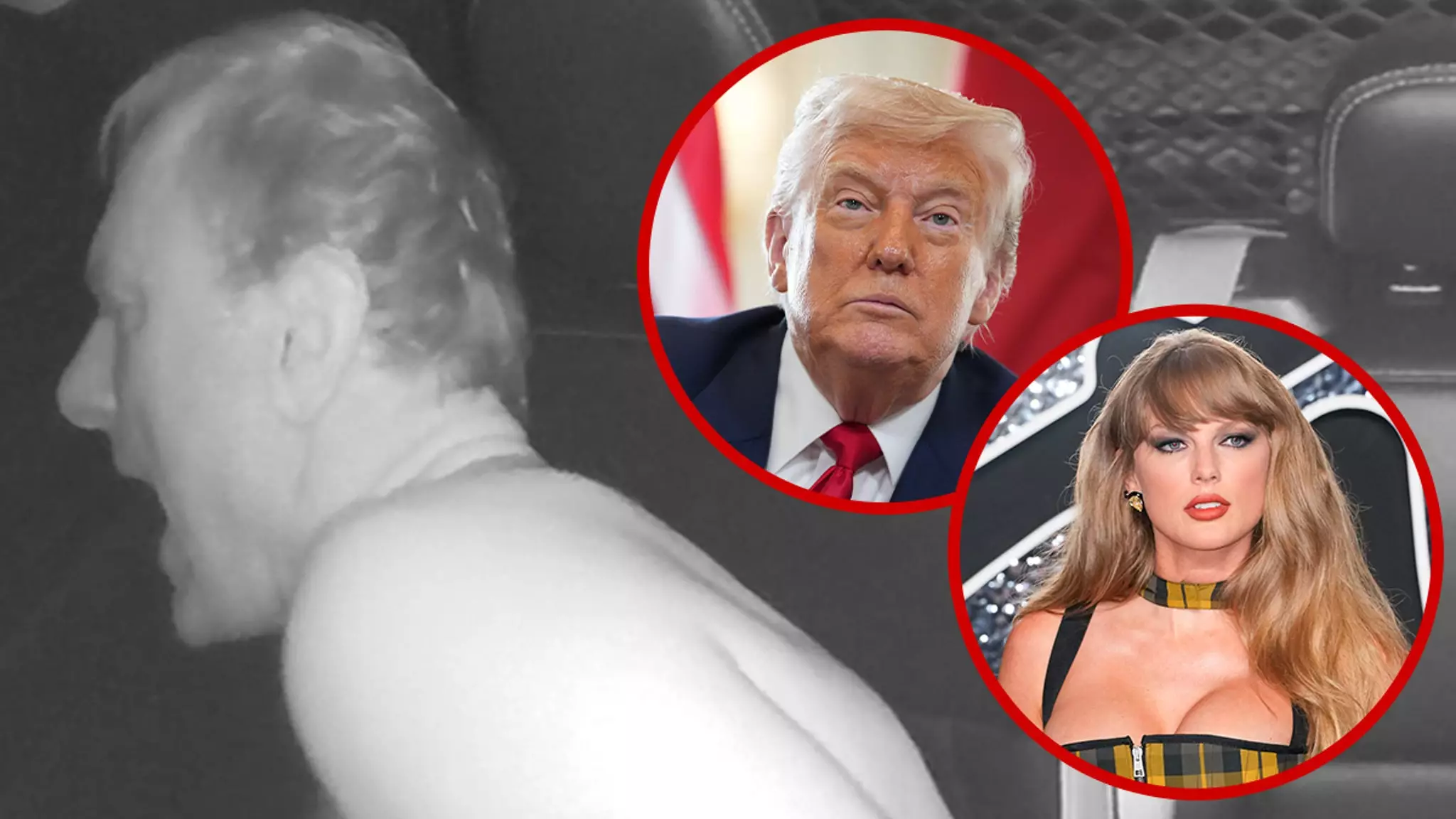In the high-stakes world of politics, a single misstep can irrevocably damage a candidate’s prospects. The recent scandal involving William “Mullins” McLeod Jr., a South Carolina attorney eyeing the gubernatorial seat, exemplifies how personal conduct and public image intertwine to influence electoral viability. Revealed through a disturbing full-body camera footage, McLeod’s overtly racist language and erratic behavior paint a stark picture of a man unfit for leadership. This incident underscores the inherent risks politicians face when their actions betray the values they claim to represent. It also highlights society’s intolerance for racial slurs, especially from individuals seeking public office in diverse communities.
The video clip exposes McLeod publicly dropping a racial slur amid a loud, curse-laden tirade. This moment, captured during his arrest, not only tarnishes his reputation but also calls into question his character and suitability for office. His attempt to spin the narrative is hampered by the undeniable evidence, making it nearly impossible for him to regain public trust. The incident reveals the critical importance of self-awareness and integrity in politics, illustrating that any lapse can have far-reaching consequences—a lesson painfully learned in McLeod’s case.
The Cultural Ironies and Public Backlash
Adding layers to the controversy, the incident occurred with a background soundtrack of Taylor Swift’s hit songs, including “I Knew You Were Trouble” and “Wildest Dreams.” The choice of music, seemingly coincidental, contrasts sharply with the chaos and seriousness of the scene. It underscores how moments of personal breakdown can be unexpectedly intertwined with cultural elements that seem on the surface to be benign, but in context, seem deeply ironic or even mocking. The juxtaposition highlights how unpredictably personal conduct can intersect with entertainment, sometimes amplifying embarrassment rather than mitigating it.
His rambling diatribe, filled with nonsensical ambitions and exaggerated fantasies involving space travel and luxury cars, further reveals a man disconnected from reality. In political discourse, such displays of delusion or lack of focus can disqualify a candidate in the eyes of voters. Despite his declarations from the arrest scene that he envisions himself as governor, his credibility is now sharply diminished after the video surfaced. His team’s attempts to soften the blow—announcing a forthcoming press conference—seem increasingly futile in stemming the tide of public outrage and loss of confidence.
The Political Fallout and Broader Implications
McLeod’s case exemplifies how personal misconduct, especially involving racial language, can devastate political campaigns, particularly in states with diverse populations. The fact that he’s a Democrat challenging an incumbent Republican only heightens scrutiny; voters are likely to question whether he embodies the values he pledges to uphold. His statement clarifying that he is not yet an official candidate—since filing begins in 2026—feels more like damage control than a genuine refutation of the scandal’s gravity.
This incident raises broader questions about accountability and the standards voters expect from their leaders. It exposes how moments of weakness or prejudice, when publicly displayed, can swiftly derail a political career, regardless of prior qualifications or intentions. McLeod’s fall from potential gubernatorial contender to a figure tainted by disgrace offers a cautionary tale: authenticity and respectability are paramount in modern politics, and the cost of misjudgments can extend far beyond personal reputation. In a polarized environment, such scandals serve as stark reminders of the importance of character and the peril of losing sight of civic values amid personal failings.

